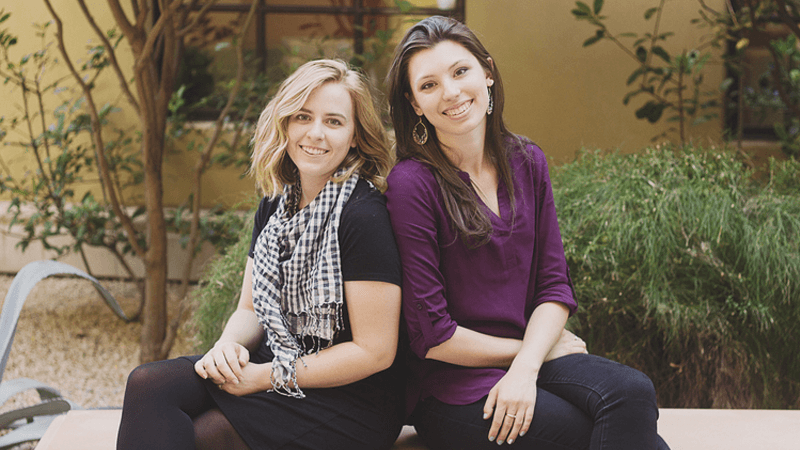Two Christian business owners have been told by a US court that they must use their artistic talents to create invitations for a gay wedding.
The Arizona Court of Appeals ruled against graphic designers Joanna Duka and Breanna Koski, who run a stationery company that makes invitations for weddings and other events.
The owners of Brush & Nib Studio have been accused of violating city non-discrimination laws in Phoenix, because they refuse to create invitations for same-sex weddings.
Threatened
The graphic designers launched a pre-enforcement challenge against the laws last year after being threatened with a $2,500 fine and possible imprisonment.
Their challenge was dismissed by Judge Karen Mullins of Maricopa County Superior Court in October and that ruling has been now upheld at the Arizona Court of Appeals.
Writing for the court, Judge Lawrence Winthrop ruled that Duka and Koski “cannot discriminate against potential patrons based on sexual orientation”.
He added that the stationery company is not “entitled to First Amendment free speech protections”.
Forced to comply
The graphic designers will now appeal the decision to the Arizona Supreme Court with the support of Alliance Defending Freedom (ADF), a religious liberty group.
Jonathan Scruggs of ADF said: “Artists shouldn’t be forced under threat of fines and jail time to create artwork contrary to their core convictions.
“The court’s decision allows the government to compel two artists who happily serve everyone to convey a message about marriage they disagree with.
“This contradicts basic freedoms our nation has always cherished.”
Artists shouldn’t be forced under threat of fines and jail time to create artwork contrary to their core convictions.
Christian baker
The ruling comes after a victory for a Christian baker at the US Supreme Court last week.
Judges ruled 7-2 in favour of Jack Phillips, saying that he had faced “clear and impermissible hostility” for his religious beliefs.
But the court stopped short of making a more widely applicable judgment with Justice Anthony Kennedy saying that the issue “must await further elaboration”.

